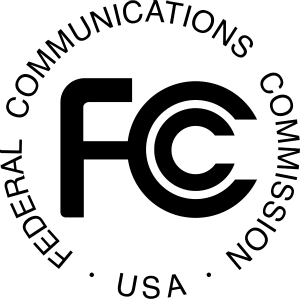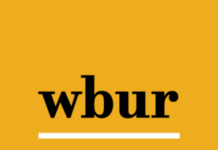
The Broadcasters for Limited Program Origination have responded to the GeoBroadcast group for criticizing their FCC application to target programming via FM translators. They say the GeoBroadcast Solutions attack was unfortunate and substantively wrong.
Here’s the full statement from The Broadcasters for Limited Program Origination:
“GeoBroadcast Solution’s claim that geo-targeted programming emanating from an FM translator is “fundamentally different” is only true in the sense that GeoBroadcast Solutions will be unable to profit from the proposed FM translator service to the public.
“FM translators and FM boosters are both secondary FM facilities carrying the programming of a primary radio station. The only substantive technical distinction between the two is that an FM booster is on-frequency and has a significant potential to cause interference to its primary station’s radio listeners, while an FM translator has no potential of causing such interference.
“The Broadcasters for Limited Program Origination will be the last to criticize the GeoBroadcast Solutions proposal as, in fact, it make eminent sense for secondary facilities that re-broadcast the programming of a primary station such as FM translators and FM boosters to have the flexibility to be able to broadcast geo-targeted programming that a broadcaster determines will best serve its listening audience, including localized emergency alerts, news, advertising, city council meetings, and high school sports games.
“GeoBroadcast Solutions appears to suggest that only FM boosters can provide such localized programming and not FM translators. But, multiple FM translators serving different portions of a station’s coverage area could now, but for the FCC’s program origination restrictions, geo-target different areas since many radio receivers with RBDS will switch frequencies between geo-targeting FM translators carrying the same primary station. As importantly, FM translators serving in a geo-targeting capacity will not be creating destructive interference to the primary station’s radio audiences, unlike FM boosters in which interference may be reduced but never entirely eliminated.
“GeoBroadcast Solutions contends that it has solved the decades-old engineering predicament of FM booster stations inevitably creating varying and changing zones of interference depending upon terrain, foliage, atmospheric conditions, receive antenna orientation and a variety of other uncontrollable factors. If the GeoBroadcast Solutions technology reduces such interference, then that is a technological advancement to be applauded. But, the GeoBroadcast Solutions FM booster proposal to originate programming is hardly a “technological advancement”. Comparing FM booster program origination to the innovations enmeshed in the ATSC 3.0 Next Gen TV technology displays a troublesome chutzpa.
“The Broadcasters for Limited Program Origination are simply seeking the same opportunity for limited program origination for FM translators as GeoBroadcast Solutions is asking for FM boosters. If FM booster stations are allowed a regulatory easing on content choice for limited portions of the broadcast day, then so also should FM translator stations be equally allowed to choose whatever programming their licensees best think would serve their listening audiences.”






This is clearly just a pissing match between the two sides. Broadcasters for Limited Program Origination is correct that the GeoBroadcast Solutions proposal is more fraught with potential main-signal interference issues from an FM booster than the former’s idea to use FM translators to offer geo-targeted programming and information. FM boosters operate on the same channel as the primary station; FM translators operate on different frequencies, with at least second-adjacent channel separation, and therefore cannot cause any interference to the primary station.
So, yes, technically, the respective proposals are different issues. However, there would be nothing wrong with the FCC proceeding in a comprehensive and efficient way, at the same time, to consider the merits of each proposal. Each idea essentially offers the same benefit to broadcasters, advertisers and the listening public.